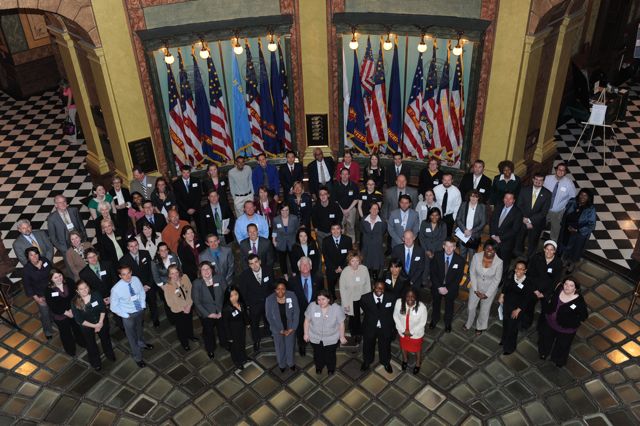The Graduate School is pleased to announce new theses and dissertations from the following programs:
- Civil Engineering
- Electrical Engineering
- Environmental Engineering
- Environmental Policy
- Forest Ecology and Management
- Forest Science
- Industrial Archaeology
- Mathematical Sciences
- Mechanical Engineering
- Mechanical Engineering-Engineering Mechanics
are now available in the J.R. van Pelt and Opie Library.

